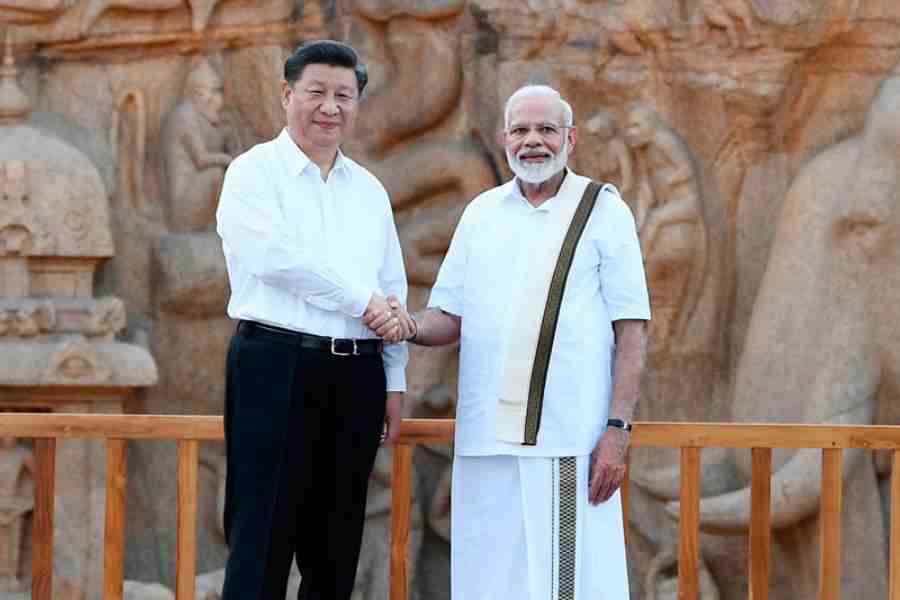The following piece of news should put the world’s largest democracy to shame. In Xi Jinping-controlled China, two policemen have been dismissed and one demoted for assaulting a journalist. The journalist, attached to a provincial newspaper, was trying to dig deeper into the death of two teachers who drowned in a local river in April when a nearby dam suddenly let out water. Their families said that the teachers had been assigned to collect pebbles to decorate their school campus for a supervisor’s visit. The school authorities denied this; their colleagues, including four who had been with them at the time, kept quiet. It was also not known whether the dam authorities had issued any warning before the sudden discharge.
There was enough in this for a meaty story, but trouble started for the reporter right at the beginning when a stranger claiming to be a ‘family friend’ suddenly appeared while he was interviewing the family of one of the teachers. Since the family denied knowing him, the reporter refused to answer his questions. The stranger then called the police, who examined the reporter’s credentials and left.
Undeterred by this obvious attempt at intimidation, the reporter drove to the dam site only to find two cars tailing him. A third car blocked his way when he reached the site. He tried being friendly with the occupants of this vehicle, one of whom he recognised as the ‘family friend’ from before. He offered them cigarettes but, like him, they too were focused on their goal: they beat him up, smashed his phone and his spectacles and left, only to come back to wipe their fingerprints from his car.
As expected, the reporter’s complaint to the police about this assault was ignored. The assailants had already fled, the police said. But then the reporter’s story went viral and journalists’ associations across the country took up the issue, including senior journalists who hold positions in the communist party. Interestingly, the head of the journalists’ association of the province where this incident took place is also the head of the province’s propaganda department.
That, however, didn’t stop the media outrage, which led to the case being transferred out of the local police’s jurisdiction and, finally, the punishment of the three assailants. The seniormost among them, who was the deputy director of the local police station, was transferred; the two junior police personnel were dismissed. All three were also placed under ‘administrative detention’ for two weeks.
Even the mayor of the town, who was also the deputy secretary of the town’s communist party committee, was removed from his post. All of this was done within two days of the assault.
The press release issued by the local government announcing these measures apologised “to the reporter himself, to the news media, and to all sectors of society.
This incident has taught us profound lessons, exposing outstanding problems such as a small number of public officials’ indifference to the rule of law seriously hurting friends in the media and causing adverse social impacts, ending with a promise to “learn from the painful experience.”
In its latest press freedom index, the watchdog, Reporters Without Borders, ranked China 179th out of 180 countries and also described it as the “world’s biggest jailer of journalists”, with 100 currently behind bars. In April, a journalist, whose exposés of corruption had resulted in many VIPs being punished, was arrested on charges of “selling counterfeit medicine’’.
Incidentally, Reporters Without Borders ranked India 161 on the index. It is indeed hard to imagine any government in India apologising to the media or punishing policemen who assault journalists.











